
“Congress shall make no law respecting an establishment of religion, or prohibiting the free exercise thereof,” reads the First Amendment to the U.S. Constitution.
While Loy Norrix High School upholds this amendment, non-Christian students have a significantly harder time practicing their religion in school due to a lack of accommodations and misperceptions.
“It [Norrix] is not educated on other religions and doesn’t take them into account, because Christianity has been melded into American culture,” said Wiccan senior Edward Aguilar.
Aguilar describes Wiccan as a form of paganism which focuses on the moon and nature. The holidays he celebrates typically fall on the first day of a season, like the summer solstice or the autumn equinox. He expressed discontent with how the school accommodates minority religions.
“There is no time in school to sit and practice [religion], and school falls on holidays, like the start of different seasons,” said Aguilar.
Aguilar said it would help to have a quiet place to practice religion in the building and to have the day off school for religious holidays, or at least not schedule important things on them.
For example, the SAT last year was on April 10, which was the same day as the Muslim holiday that marks the end of the holy month of Ramadan, Eid Al-Fitr.
Jewish sophomore Veronica Privett agrees about the scheduling issue and says she finds it hard to keep up with school when she has to take a day off for religious observance.
“Lots of Jewish holidays are during school,” Privett said. “For example, Rosh Hashanah, Passover, Yom Kippur, and on most years Chanukkah, though this year it starts on Christmas, so we accidentally get it off.”
She also said that the cafeteria doesn’t always have the salad bar open during Passover, a Jewish holiday, where Jews abstain from leavened bread for a week.
“If the salad bar isn’t open during Passover, I either have to eat bread or skip lunch, and I’m not going to eat bread during Passover,” Privett continued. “It’s not the end of the world if I don’t eat lunch, but I would rather be able to.”
On the other hand, Catholic sophomore Brithany Espinosa expressed contentment with the school’s accommodation of her religious practices.
“I feel like this school is respectful with [people of] all religions,” Espinosa said.
Espinosa appreciates the beneficial opportunity that we have at Norrix to connect with others, despite the differences in culture, ethnicity, or religion.
“I can meet new people, and I love to see people from different countries in the hallway hanging out,” said Espinosa.
She also expressed happiness in having her own multi-faith friendships.
“Even though we are not in the same religion, we can be friends and be ourselves,” said Espinosa.
Muslim freshman Weam Alhasan also agreed that despite its faults, Norrix is generally very accepting of people regardless of their religion.
“Everybody is ok with different religions, even if they don’t believe in it,” Weam Alhasan said.
However, she also said that the lack of understanding and consideration for her religion makes it challenging to fully practice her faith at school.
“No one understands our religion,” said Weam Alhasan.
She said that to help with that, the school could teach the basics of different religions.
“A fasting room [for Ramadan] and a prayer room would also really help,” said Weam Alhasan.
Ramadan is a month-long holiday where Muslims fast from food and water from sunrise until sunset. Muslims are also expected to pray five times a day, hence the need for a prayer room here.
Catholic junior Roberto Garcia said that he feels supported and comfortable with practicing his religion at school, and agreed with Alhasan that people are generally respectful towards all religions. He also realizes that there is still work to be done to accommodate people.
“They [the school] should make it more known that there are different religions,” Garcia said. “They could have an Islamic club or a Buddhist group, and give more publicity to the religion club that we do have [Soul’d Out].”
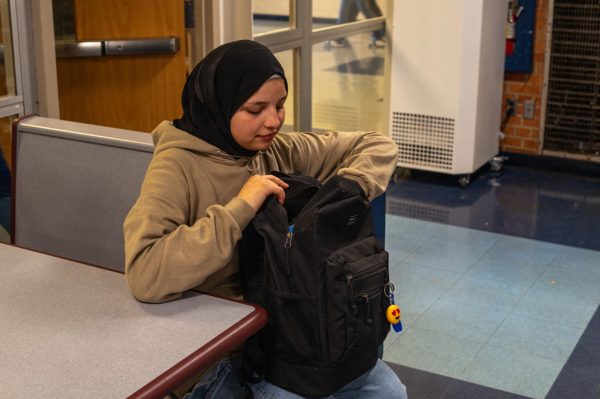
Muslim sophomore Farah Alhasan agreed that the school has room for improvement.
“They should give us time off during Ramadan, and they should make a place for us to go for lunch,” Farah Alhasan said. “Also we are supposed to pray five times a day, but we have classes.”
In a religion with a lot of rules about what is permissible, halal in Arabic, Farah Alhasan said that she finds it hard to follow the rules in an environment where many people are doing the opposite of them.
“It is hard to be halal here when everyone is doing forbidden things,” Farah Alhasan said.
She expressed acceptance of people of other religions as well as enjoyment in connecting with them.
“They [people of other religions] are the same as us, and there are many beautiful things in their religion,” said Farah Alhasan. “They are kind people.”
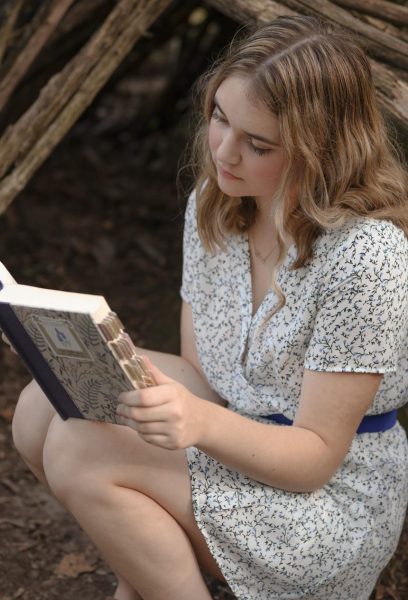
Christian senior Amaris Grubaugh feels mostly content with the school in terms of how they handle religion, but there is room for improvement.
“Make it more normal to discuss religion, pay attention to everyone, and don’t discriminate,” Grubaugh said.
Grubaugh says it doesn’t matter to her what religion someone is if they are a nice person.
“People are going to have different beliefs, that’s part of the society we live in,” Grubaugh said.
Kalamazoo Central High School Muslim sophomore Kafa Domani agrees with Grubaugh and the other interviewees, showing that these problems and possible solutions are not unique to Norrix.
“The public schools made some of the Muslims forget their religious identity and follow the non-Muslims,” Domani said. “Surrounded by a lot of swearing words and bad language made some Muslims lose their faith. Some teachers are racist to Muslims because of lack of knowledge and because of ISIS. Schools should teach about our religion and be supportive.”
As diverse faiths interact in schools, students believe that basic religious education and accommodation are essential for creating an environment where students can freely practice their religions.



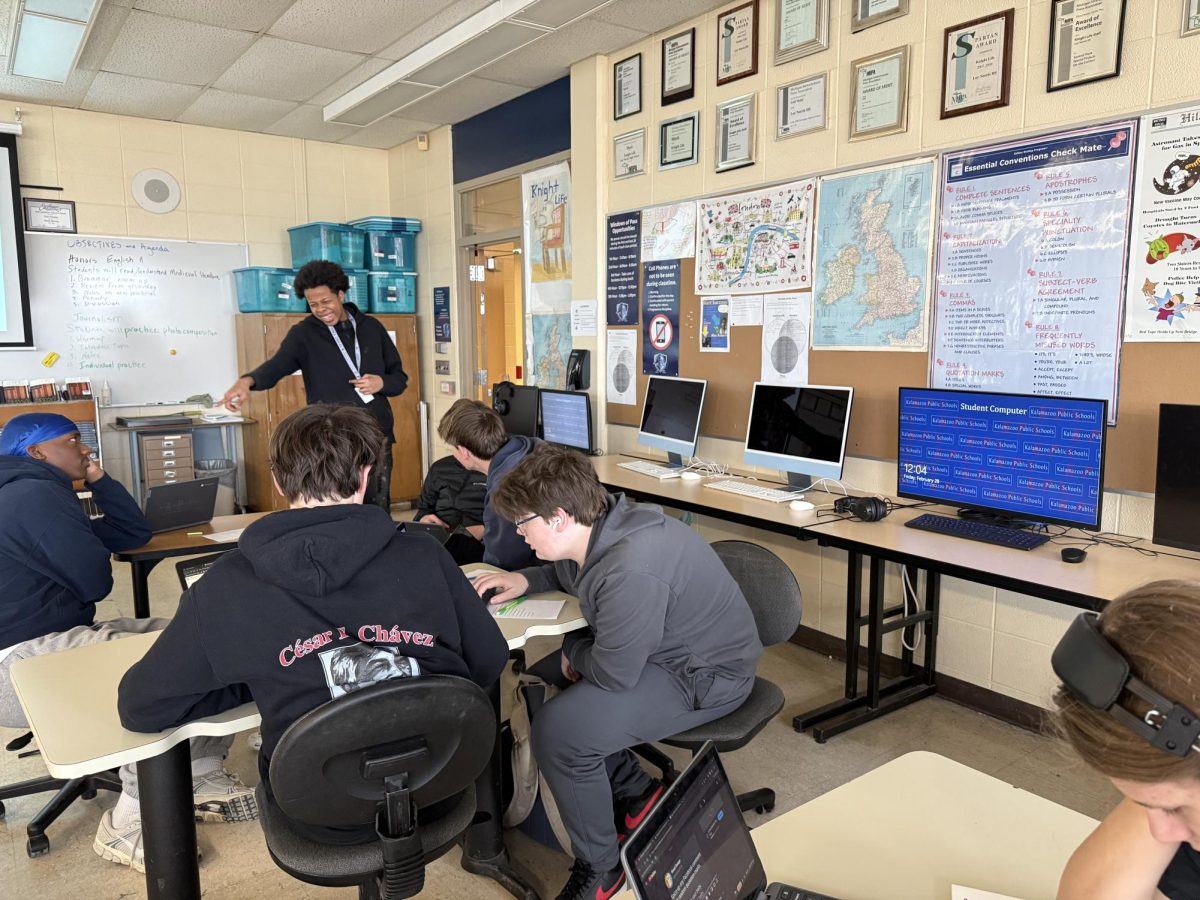

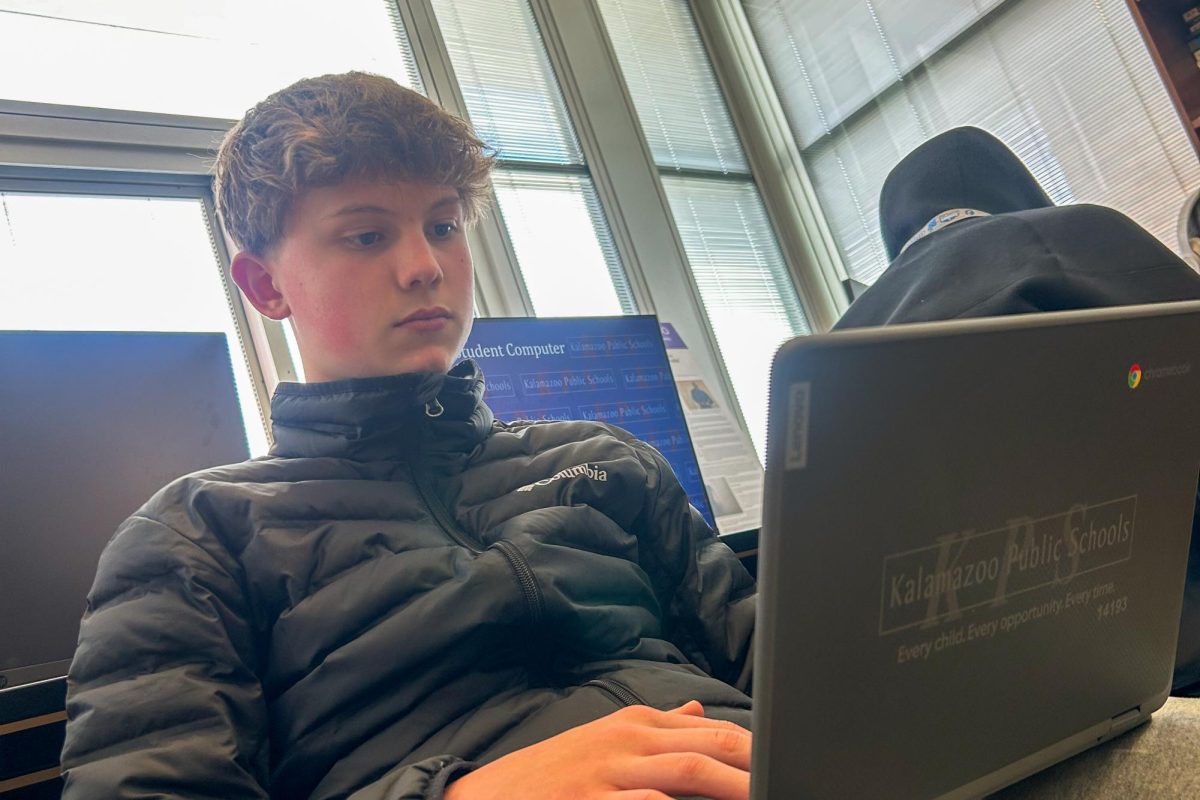

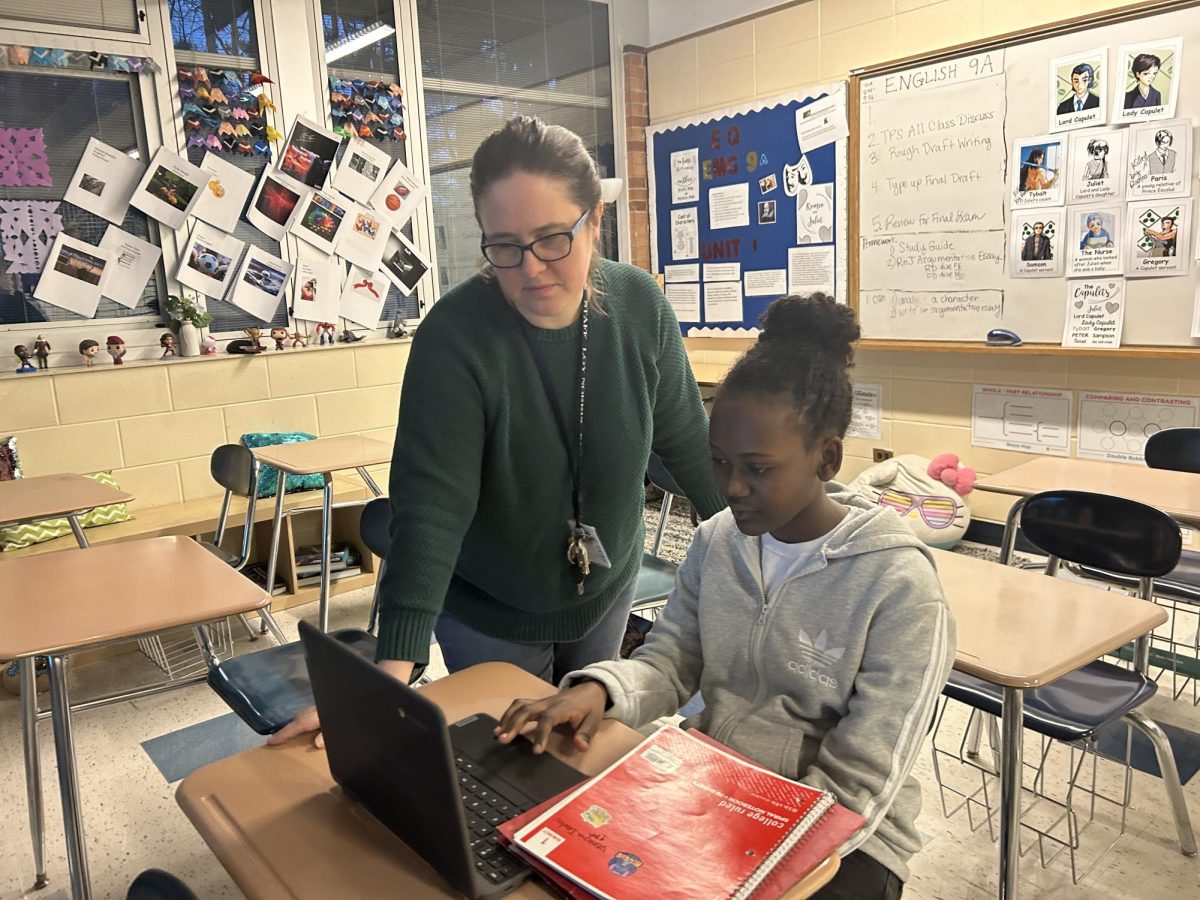
Arij • Dec 30, 2024 at 1:27 pm
Nice words, keep it up